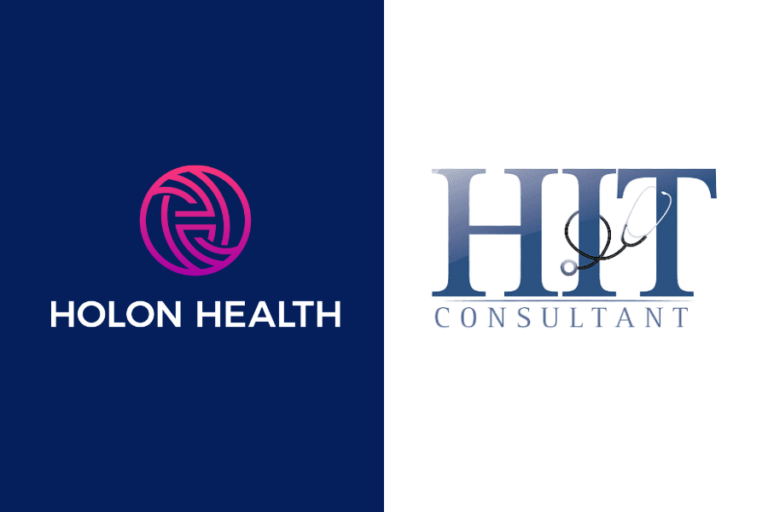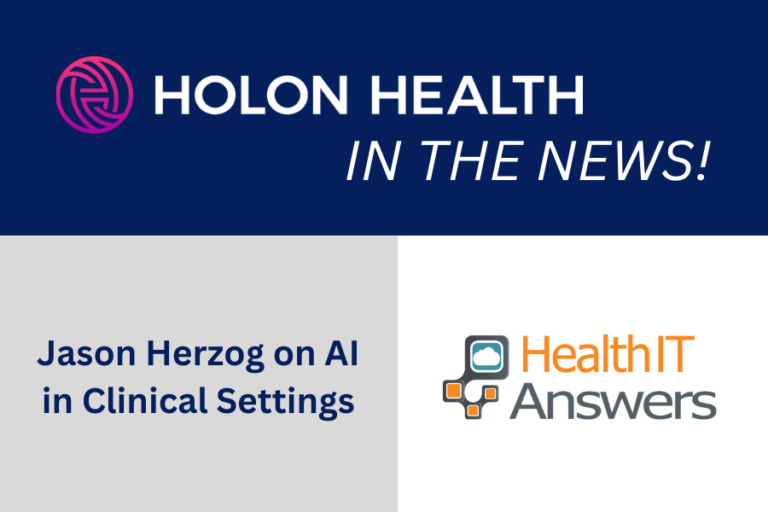You might have read the recent NPR Exclusive: U.S. overdose deaths plummet, saving thousands of lives by national addiction correspondent, Brian Mann, that was shared on NPR yesterday. It highlighted an exciting change–that overdose deaths have decreased for the first time since 2019.
The CDC has shown a recent decline in drug-related deaths of just over 10%, which is a notable change that’s making waves in the media. Despite the decline, there are still “roughly 100,000 deaths occurring per year.” These deaths are attributed, in part, to drugs containing fentanyl, methamphetamines, and xylazine.
While this recent data shows promising change and highlights the increasing effectiveness of the work being done, overdose deaths are still far too high. Holon Health’s Co-Founder and COO, Traci Sweet, Psy.D.,” explains, “It seems we may be experiencing a collective paradigm shift. There is no one specific cause for this decrease, rather it seems the efforts being made by those of us in the treatment industry are moving the needle. Naloxone is more widely available, medication-assisted treatment with medications like Suboxone is something PCPs are becoming more comfortable prescribing, and the availability of telehealth has broken down barriers that were previously insurmountable to certain individuals.”
The article also highlighted individuals in recovery, one who shared that he sees far fewer overdoses in his community due to people being ready to support and intervene, and another who noted he attributes his success in recovery to Suboxone and MAT.
While it’s safe to assume that the increased availability of treatment services and a greater awareness of the drug crisis has made a dent in the overdose death rate, it’s also fair to attribute part of it to a shifting social narrative around drug use. In the past five years, there has been a bigger focus on education and harm reduction, as well as efforts to destigmatize mental health concerns.
Dr. Sweet notes, “We’re now encouraging people to seek treatment without shame, so we’re shifting the way we treat people living with substance use disorder and addiction. We’ve seen our own clients embrace approaches like SFT that focus on small steps to recovery as opposed to cold-turkey sobriety. This harm reduction approach promotes positive steps towards sustained recovery, not just short-term sobriety, which may also be a part of the conversation.”
To continue to effectively address the opioid crisis, we need to offer accessible, innovative solutions that show results. At Holon, we’ve seen innovative approaches like SFT and Contingency Management alongside whole-person care decrease positive drug tests and increase periods of sobriety/abstinence. Our clients also report experiencing less shame and judgment, allowing them to feel safe and respected, thus increasing their likelihood of seeking support and engaging in care.
“We’re available when people need us and we offer the freedom of choice and advocacy so our clients can make their own decisions. We’re here to support and reinforce our clients when they reach health goals or achieve something they’ve set out to accomplish. We want our clients to feel safe and understood because we do understand them. And we want to create an environment where they trust us, even if they experience relapse. Because no matter what, we’re here for the people we serve. And we know that recovery is possible.” Shares Dr. Sweet. “We look forward to continuing to chip away at overdose rates by providing accessible, stigma-free healthcare services that address whole health: physical, mental, and social.”
For more information or to connect with our team of experts regarding this conversation, email choltz@holonhealth.com. To start care with us, click here.



